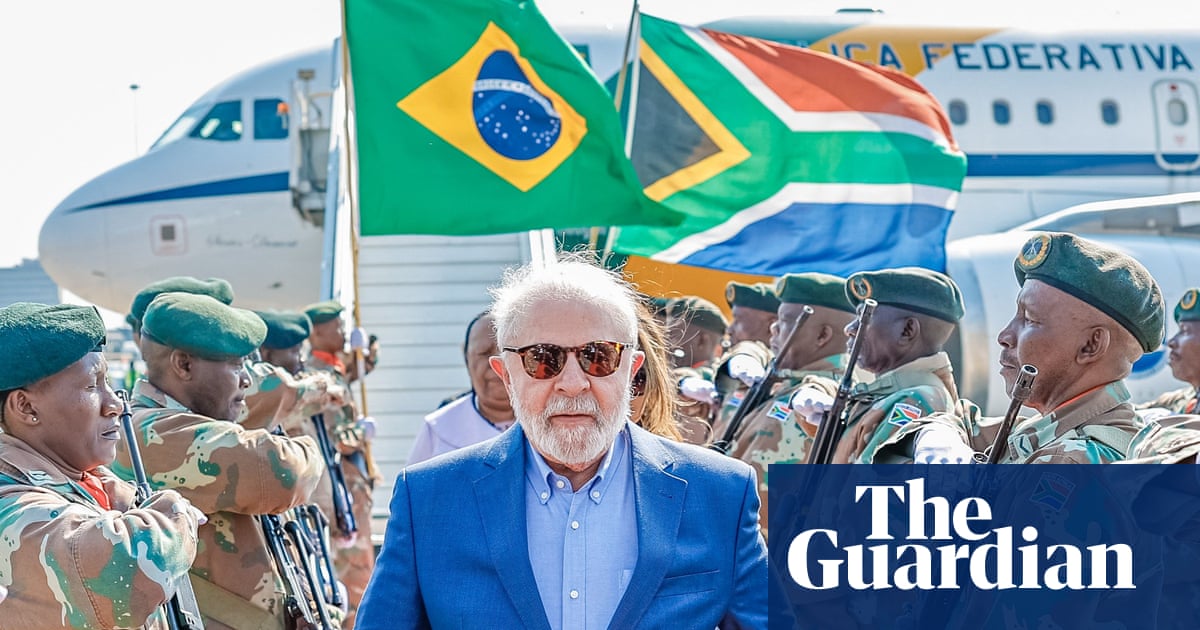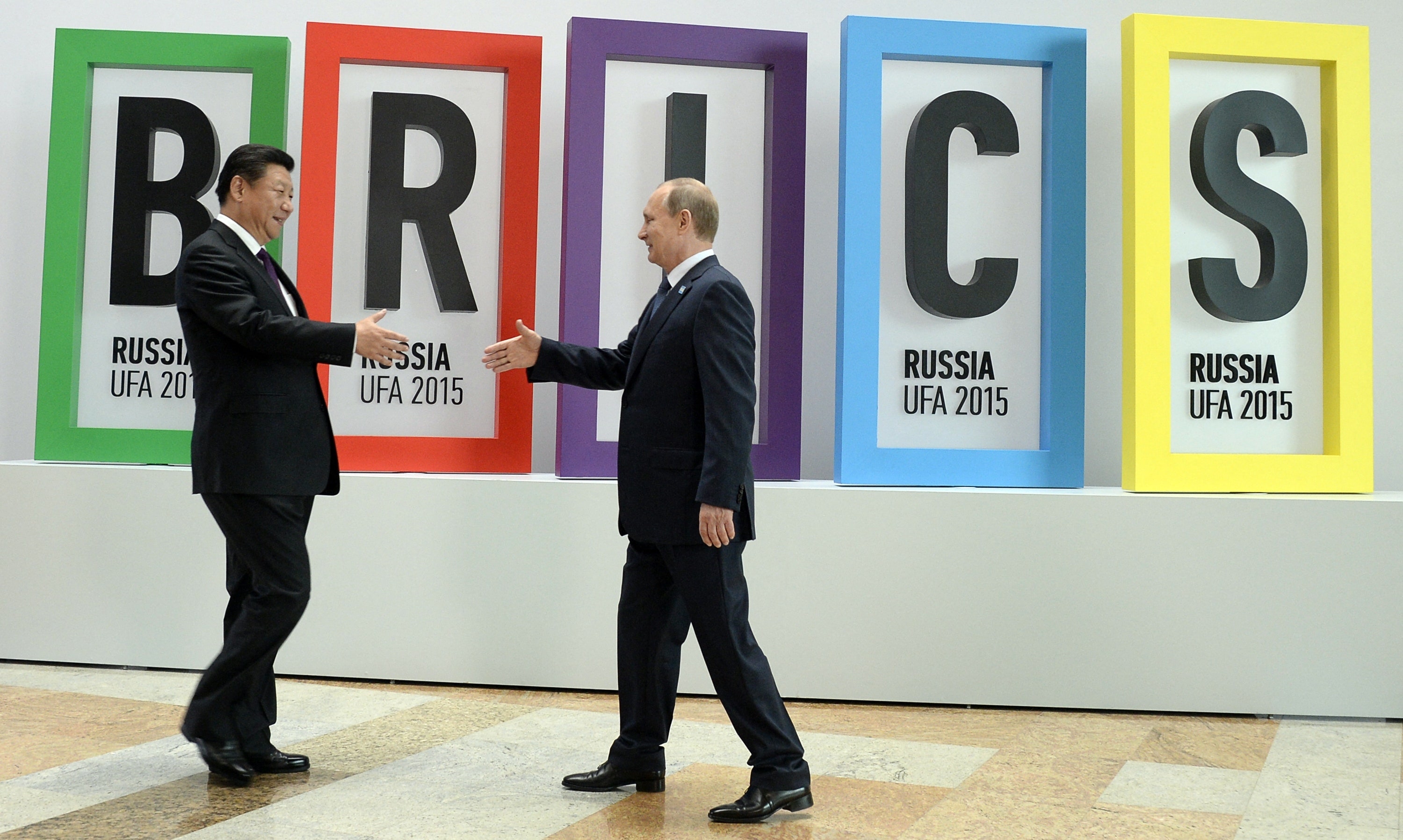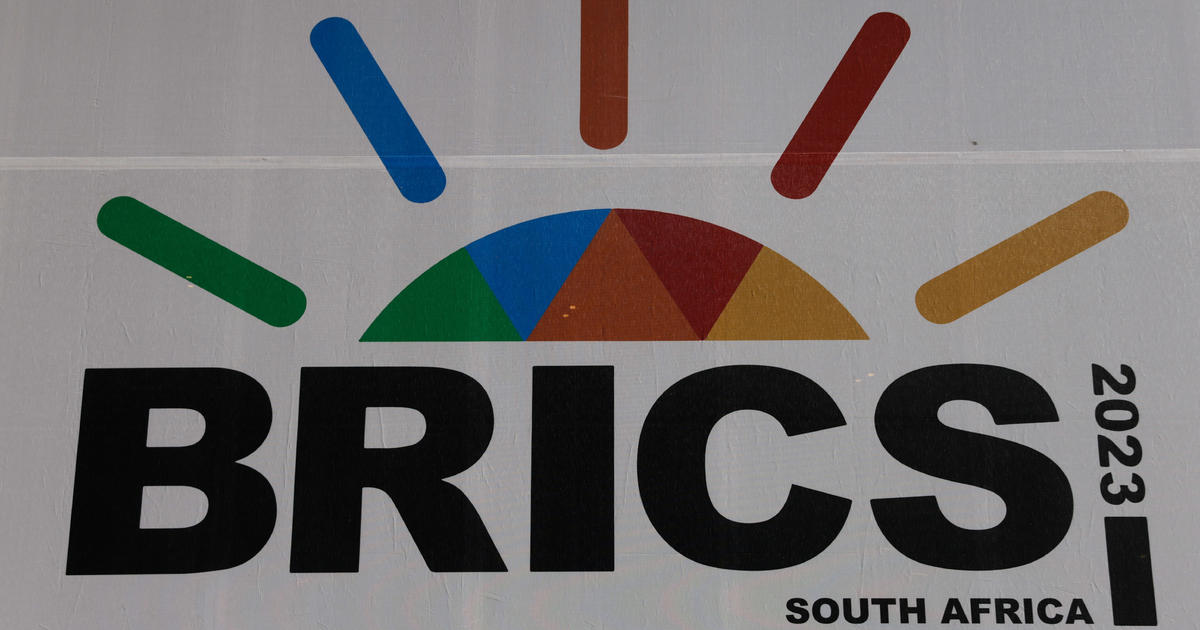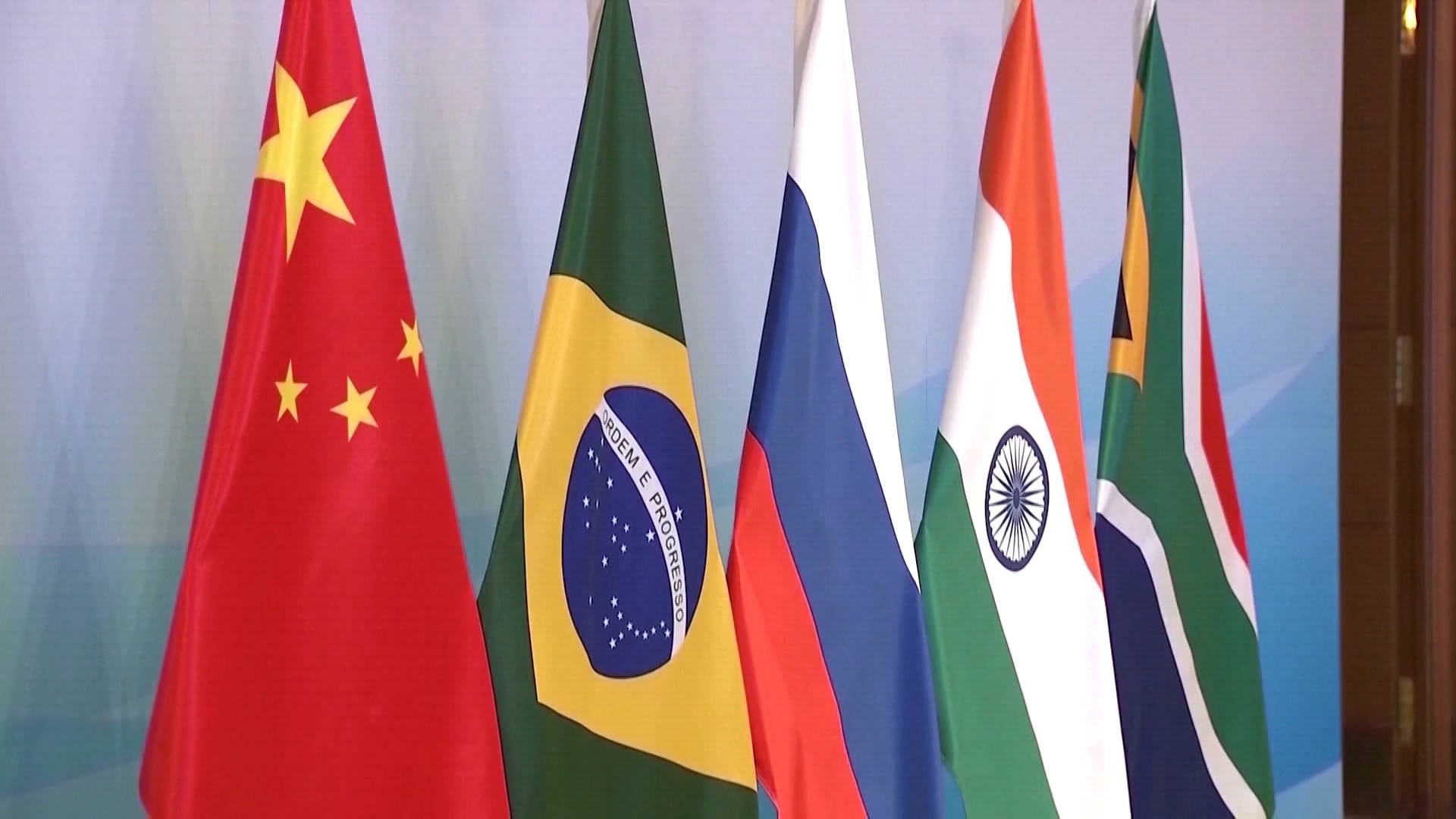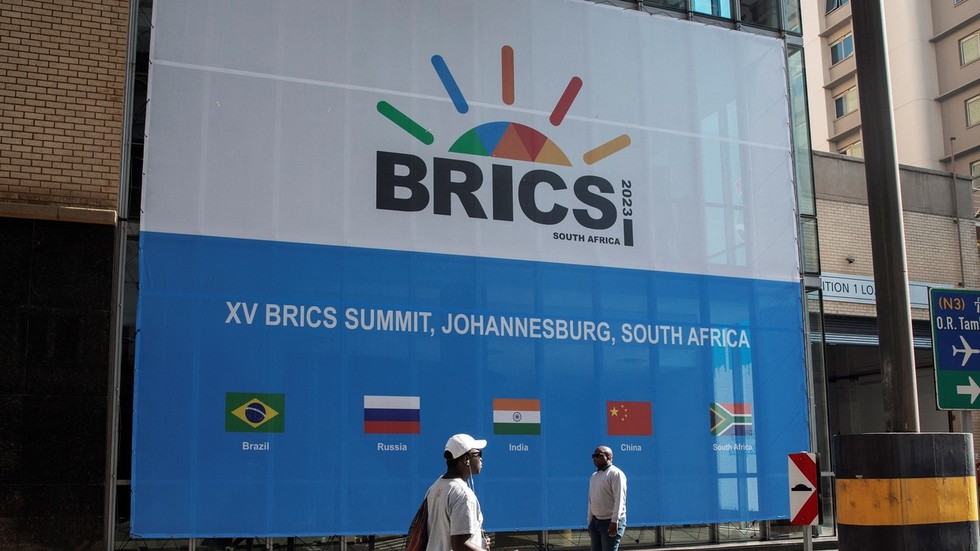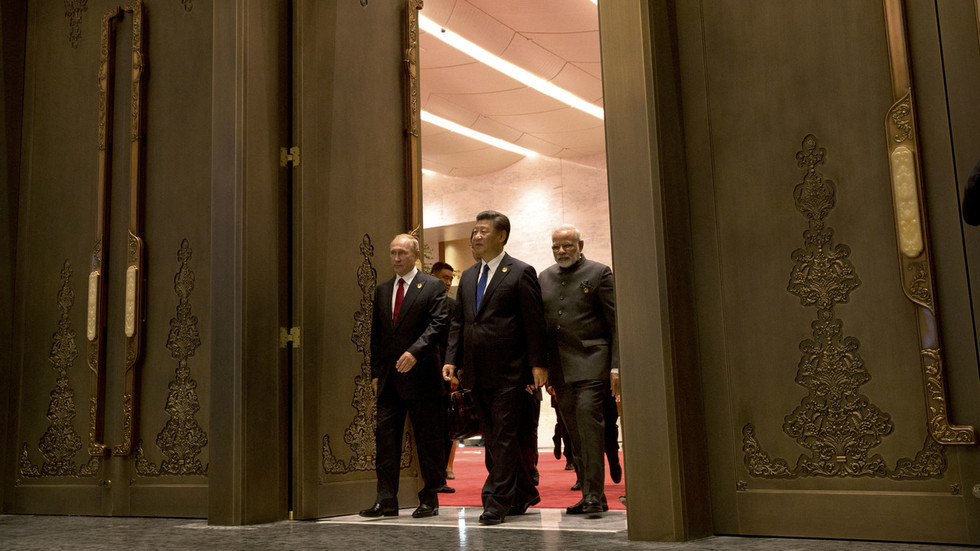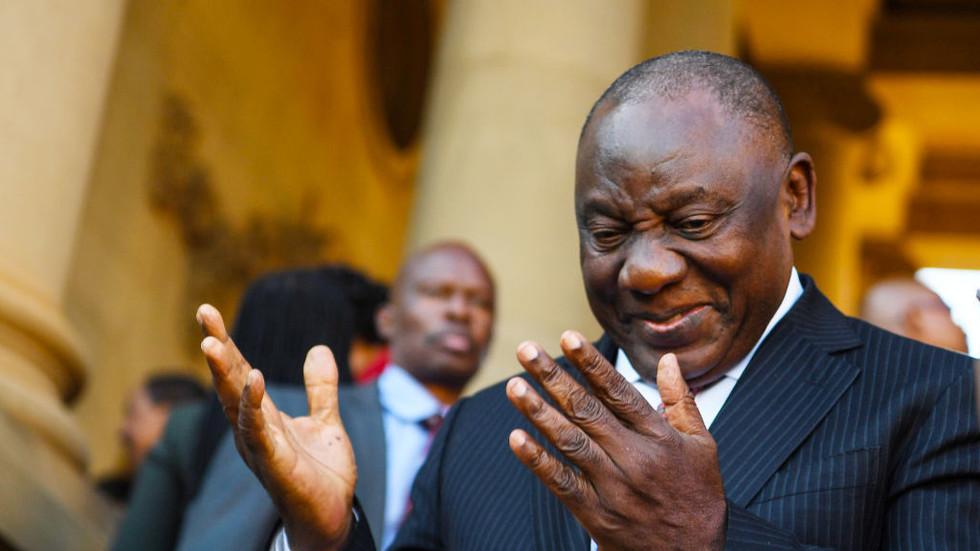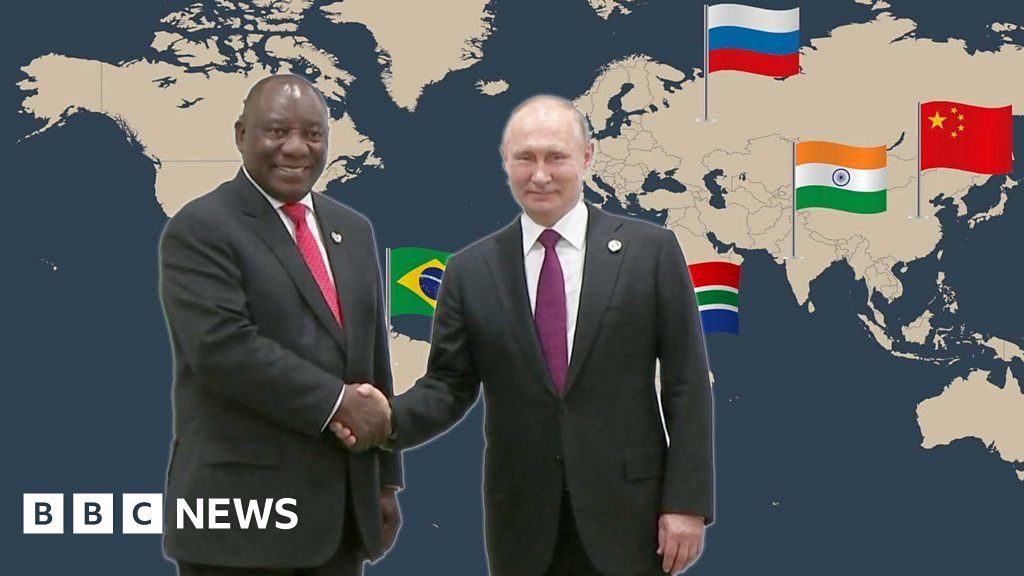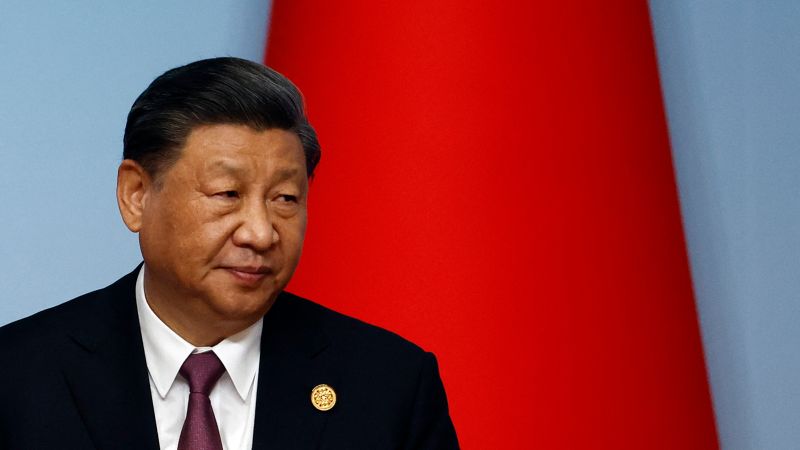The Facts
On Thursday, South African President and host of the 15th BRICS summit in Johannesburg, Cyril Ramaphosa, announced that the bloc's leaders have agreed to invite six more countries to join the alliance of emerging economies.
Argentina, Egypt, Ethiopia, Iran, the UAE, and Saudi Arabia will become BRICS members — joining Brazil, Russia, India, China, and South Africa — on Jan. 1, 2024, Ramaphosa said.
The Spin
Pro-establishment narrative
While the expansion suggests unity and momentum, the move is ironically more likely to expose the existing rifts among the BRICS members. The bloc faces a fate similar to that of the EU, where the steady addition of new members led to growing ambiguity about the goals and purpose of the supranational union. Though Putin may try to use BRICS to blame the West for his illegal invasion of Ukraine and transform it into an anti-US bloc, the alliance remains an artificial construct shaped by heterogeneous economic interests.
Establishment-critical narrative
This is a historic day, not only for BRICS but for the entire global South, and proves that the bloc's member states can bridge existing political and economic differences to create a more equitable international order. Under Russia's leadership, BRICS is pushing back against the West's policies of hegemony and neocolonialism — instead promoting a multipolar world based on the principles of equality, partnership, support, and due regard for each other's interests.


